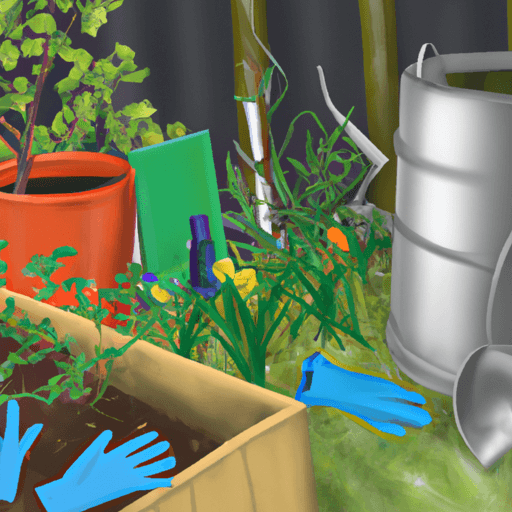The Importance of Sustainable Gardening: Eco-Friendly Techniques and Their Benefits
As the trend of home gardening continues to flourish, it is crucial to introduce sustainable practices into this popular hobby. This move not only ensures a healthier environment but also fosters biodiversity, reduces waste, and promotes healthier crops. This article aims to provide you with various eco-friendly gardening techniques such as composting, water conservation, using organic fertilizers, and promoting biodiversity.
Composting
Composting offers a natural alternative to chemical fertilizers and is a critical component in organic farming. It reduces landfill waste by transforming your kitchen scraps into nutrient-rich food for your plants. Indoor and outdoor composting bins are easy to set up and require very little maintenance. Plus, they provide the added benefit of reducing your overall carbon footprint.
Water Conservation
Efficient water usage is another key aspect of sustainable gardening. There are simple techniques like watering your plants early in the morning or late in the evening to avoid evaporation, collecting rainwater, or planting drought-tolerant plants, which reduce the need for frequent watering. These practices not only save water but also reduce the utility bills.
Organic Fertilizers
Organic fertilizers, unlike chemical ones, feed your plants while building the soil’s structure. Soils with healthy structure are better able to hold onto water and nutrients, which is auspicious for your plants. Additionally, organic fertilizers are less likely to cause harmful buildups of salts, which could be detrimental to plant health.
Promoting Biodiversity
A sustainable garden supports a range of plant and animal life forms. Encouraging biodiversity can help control pests, promote pollination, and create a balanced ecosystem. By including local plants in your garden, you also provide a habitat for local wildlife, contributing to conservation efforts in your own backyard.
Shifting towards sustainable gardening techniques does not only benefit the environment but also promotes healthier growth for your plants. From bean peels to rainwater and native flowers, every little action takes us a step closer to a more sustainable environment. So, get your gardening gloves ready, and let's make our gardens greener, healthier, and more importantly- sustainable.

















Comments
Leave a Comment